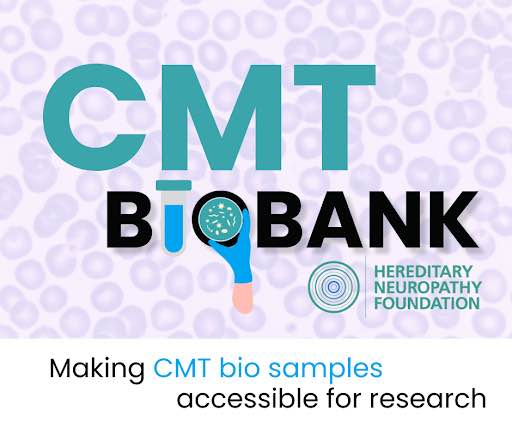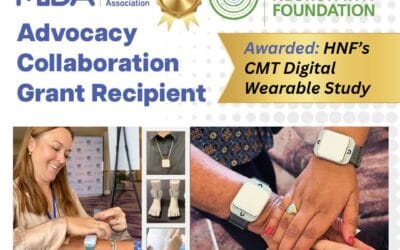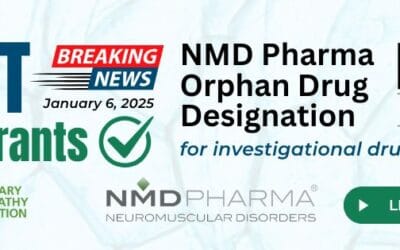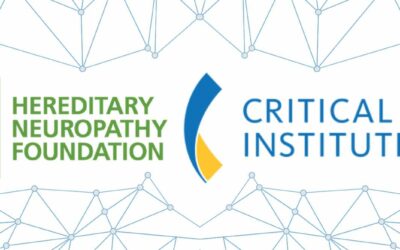Are you ready to help drive real progress in CMT research?
The Hereditary Neuropathy Foundation (HNF) is inviting individuals with a confirmed CMT diagnosis to participate in our CMT Biobank—a groundbreaking initiative accelerating the path to treatments and cures.
By donating a small blood sample and sharing your de-identified GRIN data, you’ll help scientists create powerful cell models for every CMT subtype. These models are critical for:
✔️ Discovering new treatments
✔️ Advancing clinical trials
✔️ Identifying key biomarkers
Your participation is simple, free, and deeply impactful.
All you need to do is fill out a quick form and let us know if you can attend an upcoming sample collection event hosted by our trusted partner, COMBINEDBrain.
2025 Dates:
June 19-20th ~ St. Louis, MO
June 27-28th ~ Phoenix, AZ
July 11-12th ~ Boston. MA
July 18-19th ~ Denver, CO
July 19-20th ~ Westminster, CO
July 19-20th ~ Windsor Locks, CT
August 8-9th ~ Cambridge, MA
September 26-27th ~ Philadelphia, PA
December 4-5th ~ Atlanta, GA














0 Comments